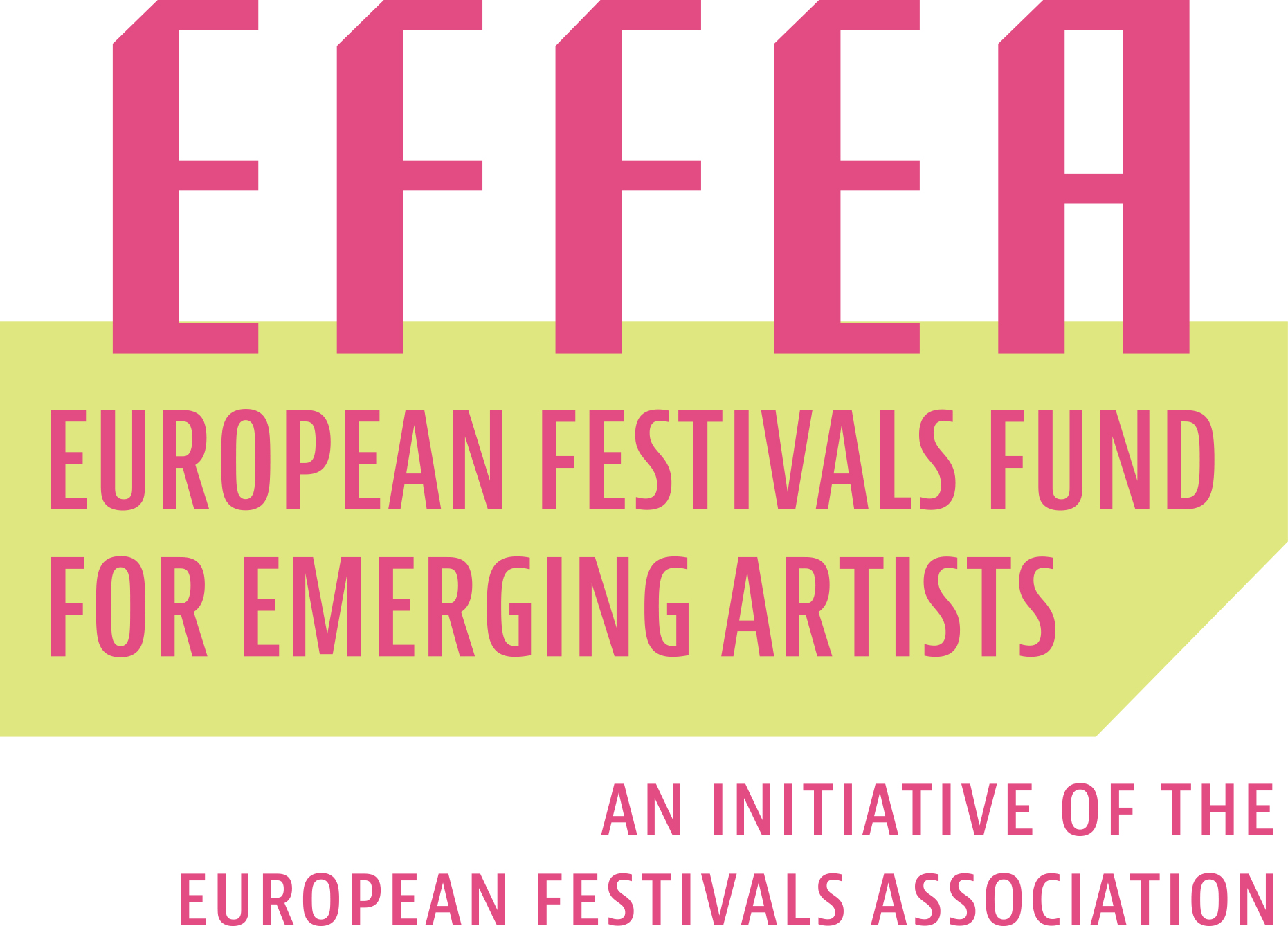Residency of Karla da Silva hosted by La Panza in partnership with Percusounds and Ten Samba Festival
My artistic residency, supported by the EFFEA programme, was a transformative experience and a milestone in my international career. The goal was clear: to turn my music project into a live performance and expand its presence across Europe through festivals. What happened went far beyond that.
Karla da Silva
 ©Naia D'Andrea
©Naia D'Andrea
Sotak is a music project that offers a unique blend of cultural influences. With 10 original themes, it presents samba as a powerful language that unites, strengthens, and connects. In the Portuguese language, "sotaque" refers to the way of speaking of a region. In SotaK, Karla refers to the different voices, sounds, and traditions that converge in the ancestral ritual which is roda de samba—an Afro-Brazilian social gathering held in a circle. SotaK proposes to unite the different diasporic cultures present in Portugal reflected through their music accents, such as the Cape Verdean morna and the Angolan semba, within an Afro-Brazilian roda de samba.
SotaK is Karla’s first major original music project celebrating samba, composed during her five years in Portugal. Generally seen as a reflection of Brazil's identity, samba originated as a product of Portuguese colonisation. While it began as a black people's resistance movement in the early 19th century and emerged out of a postcolonial Afro-Brazilian culture, today it appears on European soil as an opportunity for reterritorialising a community that migrated. As a black immigrant woman singing samba in Europe with an inclusive approach—incorporating musical accents like morna, semba, and fado—Karla seeks to help reshape these relations from a decolonial perspective.
SotaK narrates the phases of samba through the lens of the composer’s life. It begins with a potpourri of samba de roda, paying homage to its origins and reflecting the ancestral connections with black people, including Karla's grandparents. Portraying samba’s present, Karla embraces the urban samba of Rio de Janeiro with its contagious rhythm and streetwise essence. The lyrics express samba as her faithful companion throughout her journey, even during challenging times as an immigrant in Portugal. With an Afro-futuristic touch,it then envisions the future of samba, exploring themes of love, art, strength, and feminine resistance.
 ©Naia D'Andrea
©Naia D'Andrea
Through online meetings with my creative team, we were able to shape the artistic direction and make the most of the in-person residency. The stay in Paris, where the residency took place under the leadership of La Panza Festival, was the key moment to structure the show, alongside sensitive and committed musicians. We also held a masterclass at La Panza, in its bar, and an unforgettable concert in partnership with Studio de L’Ermitage, as part of the Villes des Musiques du Monde programme. That same day, the French newspaper Libération published a feature about the project, generating a strong public impact and new invitations.
In Brussels and Lisbon, we held masterclasses and concerts with a powerful response from the audience. In Brussels, this was done in partnership with the Percusounds Festival and Pavillon Rauter; in Lisbon, with the Ten Samba Festival and BOTA. Each city revealed a different way of connecting with samba, not just as a rhythm, but as a political and ancestral language. These encounters showed that samba can engage in dialogue with other diasporic cultures, such as morna and semba, building symbolic bridges through art.
Recognition from festivals and critics demonstrated that projects like SotaK are vital for amplifying contemporary Afro-Brazilian narratives. I return from this experience convinced that samba remains alive, pulsating, and expanding its reach, and that art is, above all, resistance and belonging.
